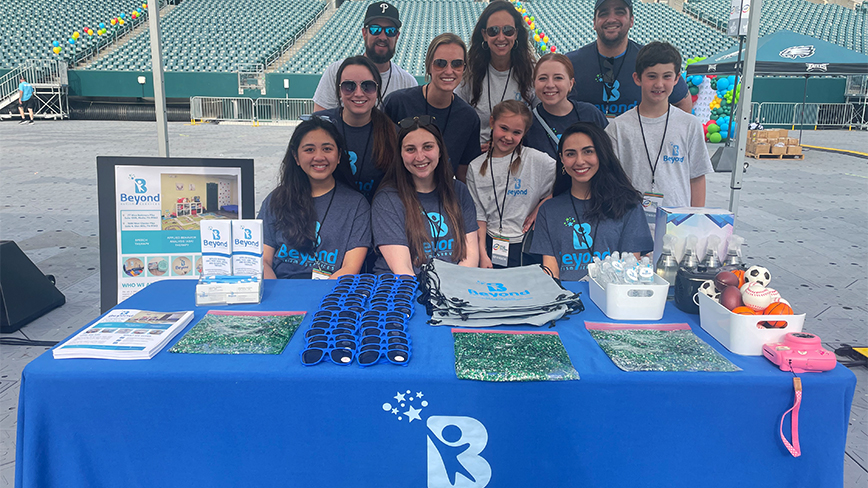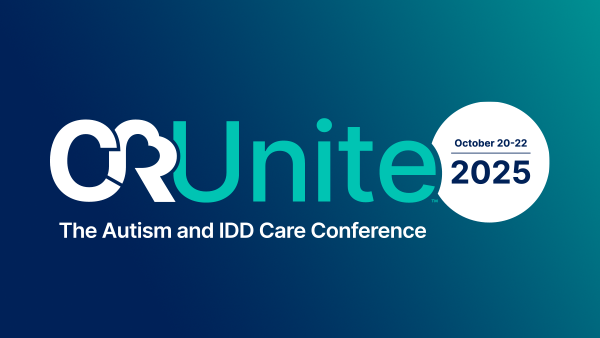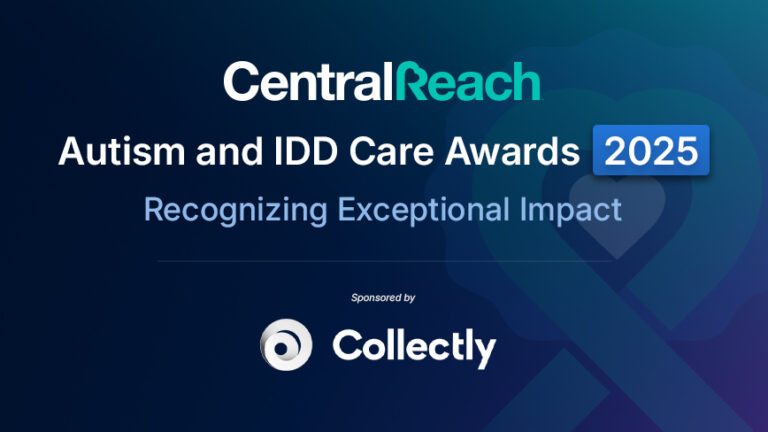As you may know, April is National Autism Awareness Month. A time where we can all reflect on and continue to strive for the acceptance and inclusion of our co-workers, friends, family members, and/or community members who live with autism or related behavioral disorders.
Although the need for autism resources is a 365-day a year conversation, CentralReach is continuing to focus this month on driving home the need for awareness, education, and resources that would further facilitate superior outcomes for people whose lives are touched by autism. Our organization will continue to focus on sharing important facts, positive stories, and accurate information about ASD to educate the public and shed light on the need for greater resources in the autism community.
Increased Costs and Autism Prevalence Rates
According to the Center for Disease Control, roughly 1 in 59 children have autism spectrum disorder, a 154 percent increase since 2000. As of now, over 15 million children are estimated to have ASD.
According to an Avalere study, autism therapy costs are now estimated to be $10 billion in community-based centers and $7 billion in school-based services. While the average cost of ABA therapy for a child diagnosed with autism is approximately $60,000 per year, the failure to treat autism with effective Applied Behavior Analysis services can be much higher. According to a Harvard study, the lifetime cost for one child with ASD left untreated is approximately $3.2 million. Even further and despite the large societal and personal cost of untreated ASD, some, like South Dakota legislators, are siding with insurance companies against requiring coverage.
Lack of Board Certified Behavior Analysts (BCBAs)
In addition to costs and legislative issues tied to treating adults and children with ASD, there is also an overall lack of adequate resources and Board Certified Behavioral Analysts (BCBAs) to meet the demand for the growing population of people with autism.
According to a study published by the Board Analyst Certification Board (BACB), the annual demand for individuals holding BCBA/BCBA-D certification has increased approximately 800% from 2010 to 2017, with increases seen in almost every state in the U.S. The increase in demand has been similar to the increase in the total number of individuals holding BCBA/BCBA-D certification. Annual demand for individuals holding BCaBA certification also increased in the same time period, with the largest increases occurring in the last 4 years (95 postings in 2014 to 1,040 in 2017, a 995% increase).
Demand for applied behavior analysis therapy is high relative to supply, and waitlists for services are common in almost every regional market. The relative lack of BCBAs – 30,000 BCBAs to 15 million kids who need services — creates a “bottleneck” for appropriate ASD treatment and is creating increasing pressure on parents to find qualified ABA services, and increasing pressure on practices to help more clients, more quickly.
The Importance of Creating Career Opportunities for Adults with Autism
While success for individuals with ASD begins with clients receiving ABA services as children, it continues into adulthood when it comes to obtaining employment, where hard-earned skills can be generalized and applied. To that end, it’s important to create space for neurodiversity in the workplace.
According to an article in the Baltimore Sun: “the term ‘neurodiversity’ is intended to emphasize the difference in functioning as normal and natural variations in the human condition. The overarching goal of the neurodiversity movement, attempts to address ‘historically low’ unemployment rates by encouraging employers to see the skills and abilities of people with neurological differences, such as advanced technical ability, a capacity to understand and dissect complex patterns, and tremendous problem-solving stamina.”
Today, there is an incredible need for creating employment opportunities for adults on the autism spectrum. These individuals bring remarkable talent and work ethic to the workplace, and it’s imperative that we continue to advocate for the equal opportunity, treatment, and employment of adults with autism and developmental disorders in the workplace.
At CentralReach, we’re striving to create a neurodiverse workplace through our ReachOut Program, and urge other companies to do the same.
Unity in Action and Awareness
Now more than ever, families, activists, ABA agencies, and supportive organizations need to work together to consolidate their efforts and ensure that we are striving to meet the overall needs of the autism community and keep progressing in the right direction. Although the need for the standardization of care and increased demand for behavioral therapy is still great — we must continue to do everything we can to further behavioral treatments, shorten waitlists, and support the betterment of society.




